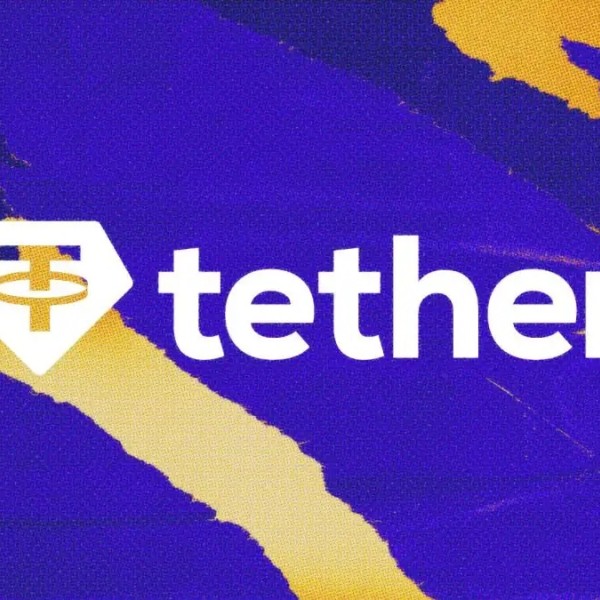Crypto: The United States Finally Unlocks Staking for ETFs
The institutional crypto market has just reached a major milestone. The U.S. Treasury and the IRS now authorize crypto ETFs and trusts to participate in staking and redistribute rewards to their investors. This decision could well disrupt the world of digital asset investment.

In brief
- The U.S. Internal Revenue Service (IRS) now authorizes crypto ETFs and trusts to engage in staking of digital assets.
- Exchange-traded products will be able to share staking rewards directly with their retail investors.
- This regulatory clarification removes a major obstacle that was hindering institutional adoption of staking.
The USA Authorize Staking for Crypto ETFs
Treasury Secretary Scott Bessent formalized this major development on Monday. Federal agencies now provide “a clear path” for exchange-traded products to stake digital assets.
Practically, crypto ETFs can now generate additional yields through staking and redistribute them to their investors. A boon for an institutional market that has been demanding this clarification for months.
The imposed conditions remain strict but coherent. Trusts must be listed on a national securities exchange. They can only hold cash and one type of digital asset, kept with an approved custodian.
Risks for investors must also be clearly mitigated. A rigorous framework aiming to protect individuals while unlocking the potential of institutional staking .
Bill Hughes, senior advisor at Consensys, praises this as a “significant” step for staking adoption. “This secure regulatory framework brings long-awaited clarity,” he explains . Fund promoters, custodians, and asset managers can now incorporate staking revenues into their products without fear of sanctions. A major legal obstacle has just fallen.
This decision continues from the SEC’s approval last September of generic listing standards for crypto ETFs.
The IRS and Treasury directly took this change into account to update their recommendations. An inter-agency coordination that reflects a political will to regulate rather than hinder financial innovation.
Solana Shows the Way with High-Yield ETFs
The timing of this announcement coincides with a revealing phenomenon. Since late October, the Bitwise Solana ETF (BSOL) has experienced a spectacular start. More than $545 million flowed in less than two weeks, including $30 million in a single day.
This success is explained by its innovative structure. The ETF offers full staking with an annual yield of 7%, without investors needing to hold the asset directly. A model that changes the game for traditional financial institutions, now able to generate passive income while complying with regulatory frameworks.
The contrast with existing products is striking. While BSOL raises capital, Bitcoin ETFs lost $2.1 billion and Ethereum ETFs $579 million over the same period. Asset managers clearly favor blockchains offering built-in yield rather than mere price exposure. Grayscale understood this well by launching its own Solana ETF (GSOL), which already totals $114 million.
The new IRS guidelines will amplify this trend. Issuers of Bitcoin ETFs and Ethereum will soon be able to offer “staking” versions of their products. The potential is considerable: on Ethereum, where 28% of the total supply is staked, yields range between 3% and 4% per year. A substantial income source for funds managing several billions.
The United States thus opens a new era for institutional crypto investment. By authorizing staking for ETFs, Washington transforms these products into true yield generators. The race for high-yield crypto ETFs is just beginning.
Disclaimer: The content of this article solely reflects the author's opinion and does not represent the platform in any capacity. This article is not intended to serve as a reference for making investment decisions.
You may also like
The crypto industry is experiencing a wave of mergers and acquisitions: giants are bottom-fishing, and the Web3 ecosystem is being restructured.
While small projects are still struggling for their next round of funding and token launches, industry giants are already using cash to buy time and acquisitions to secure their future.

A Brief Discussion on the Eight Major Potential Risks of Stablecoins
As a significant innovation in the cryptocurrency sector, stablecoins are designed with "stability" as their primary intention. However, their potential risks and hazards have attracted widespread attention from global regulatory bodies, academia, and the market.

A heavyweight player enters the gold market! Stablecoin giant Tether poaches top HSBC trader
Tether has recruited the core precious metals team from HSBC, making a strong entry into the precious metals market and challenging the existing industry landscape. In recent years, the company has accumulated one of the world's largest gold reserves.

Robinhood makes a rare bet: Lighter and its genius founder
Aster has aligned itself with Binance, while Lighter has chosen to embrace capital investment.

